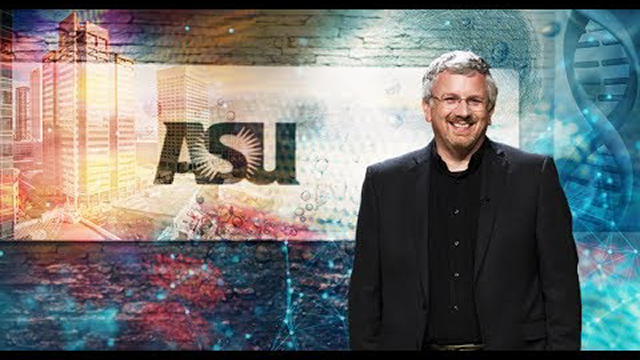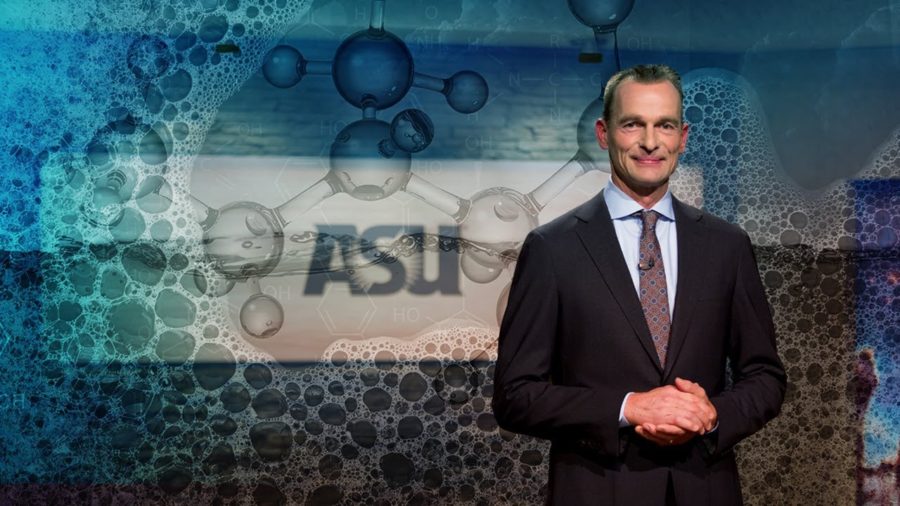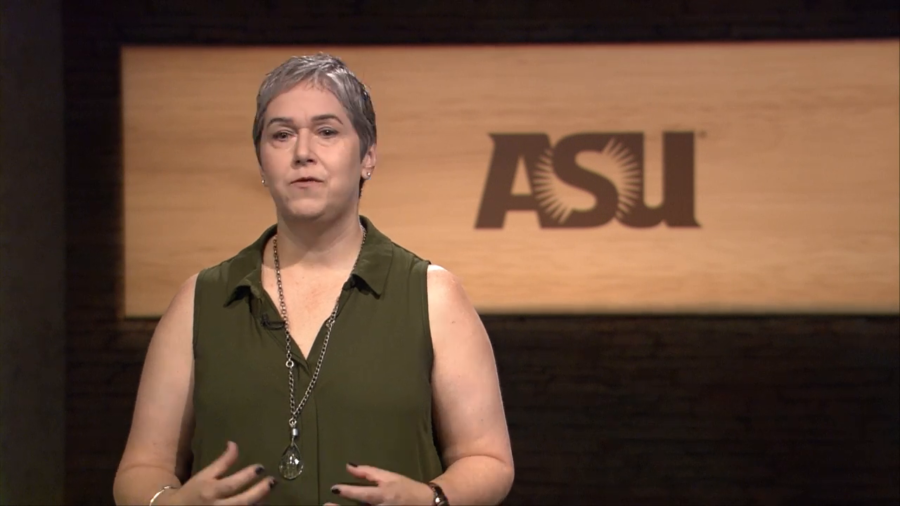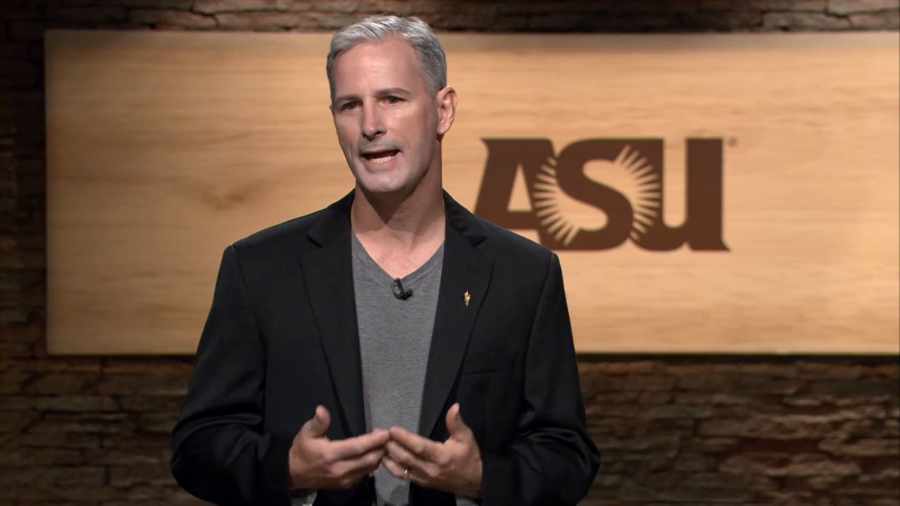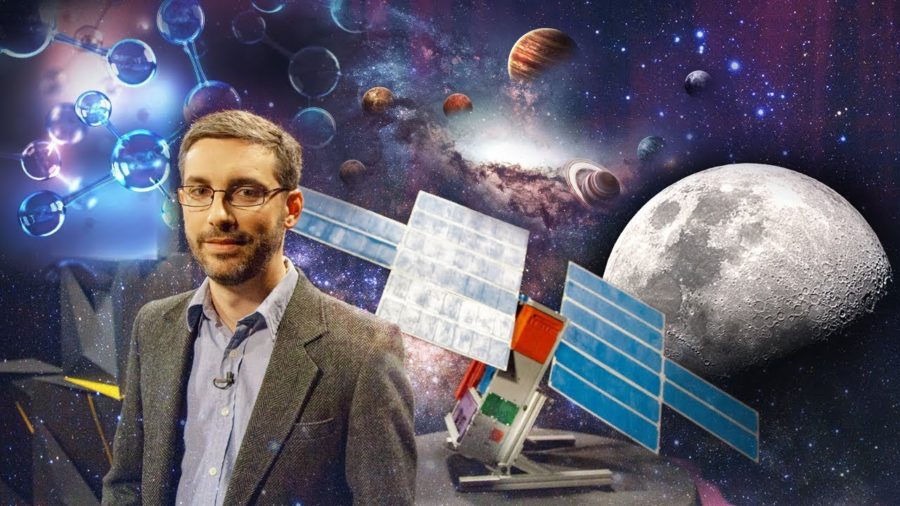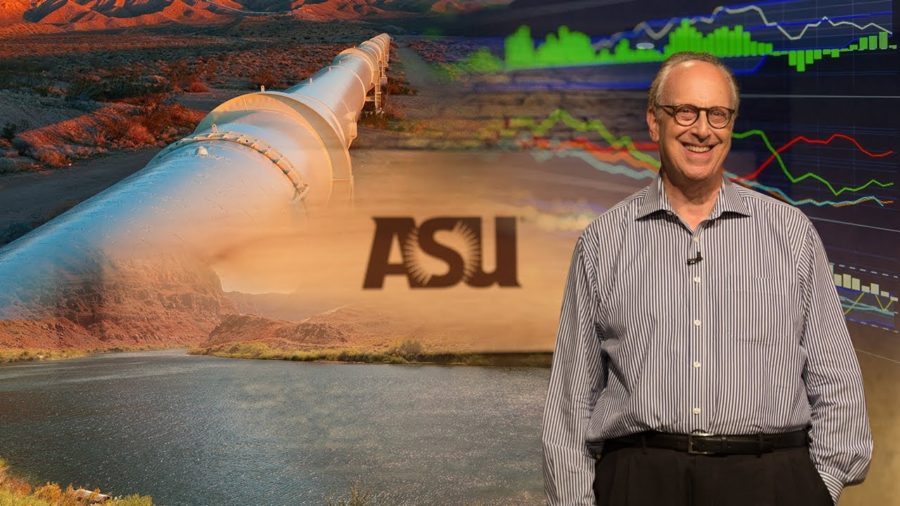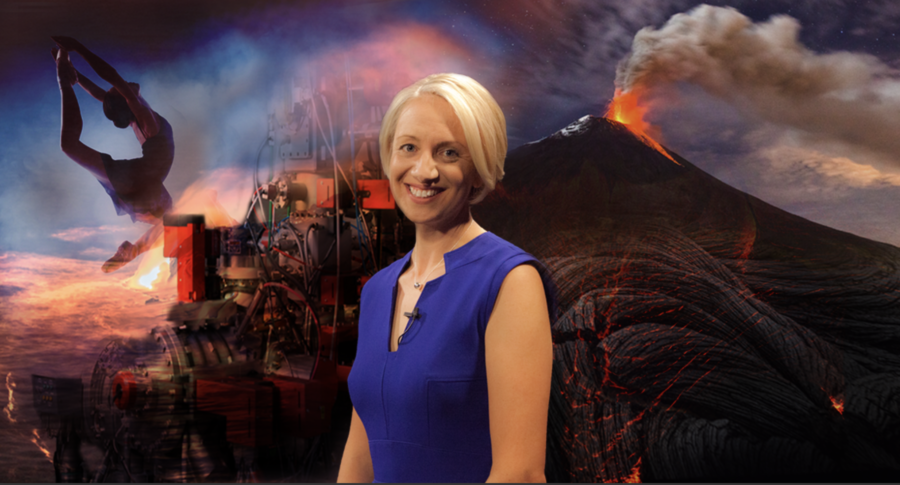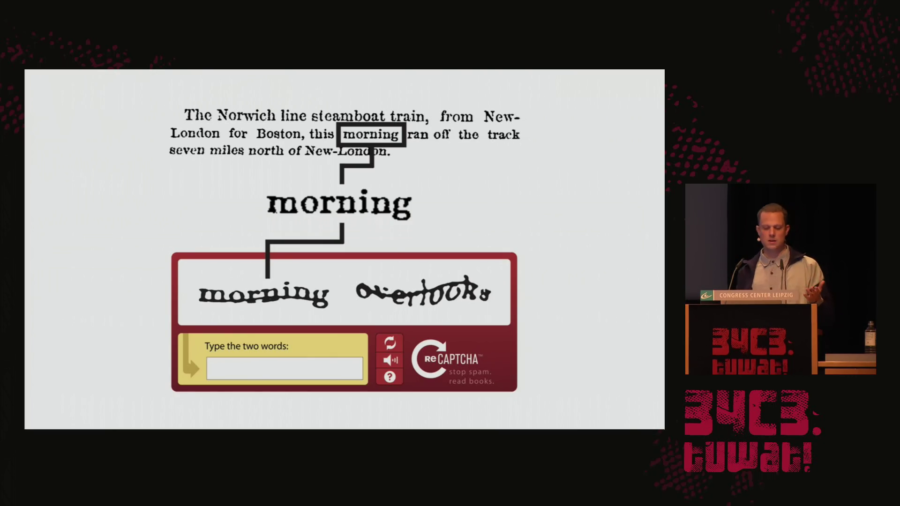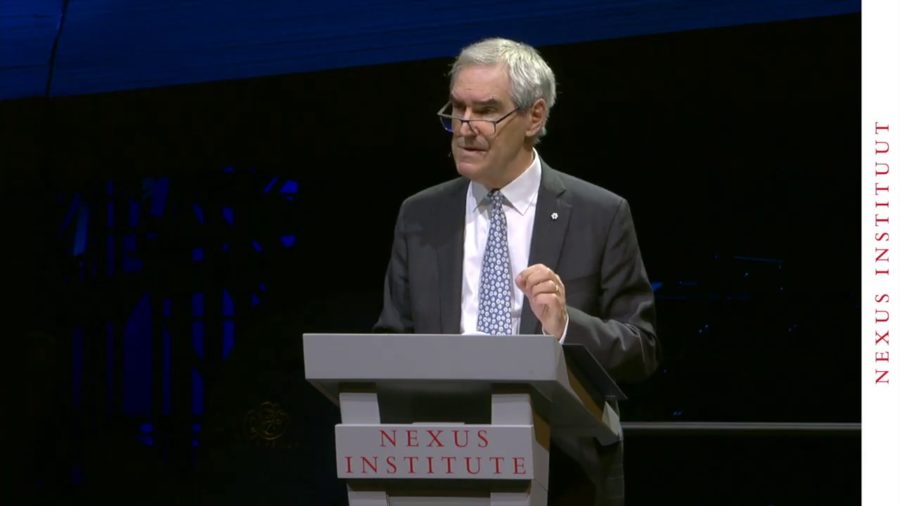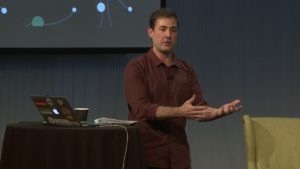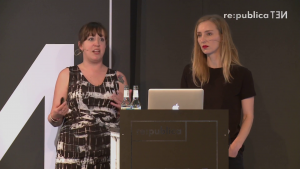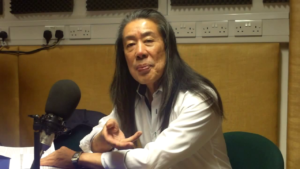Geologists are trying to recognize the magnitude of this change by giving our epoch a special name: “the Anthropocene,” the age of humans. Some people find this depressing because they think that the Anthropocene is inevitably a bad thing. But it’s not. Because we aren’t bacteria. Those brains that give us the ability to harness energy also give us the ability to shape the way the planet is transformed. We can design our future.
The Conversation #24 — Synthesizing Themes
presented by Aengus Anderson, Micah Saul
We feel that this is a good point to sort of take stock, do sort of a quick précis, if you will, of where we've gotten so far. Because I think we've got some really interesting places we weren't necessarily expecting to get. And we're seeing some interesting poles between different large groups of thinkers that we weren't necessarily expecting. Read more →

